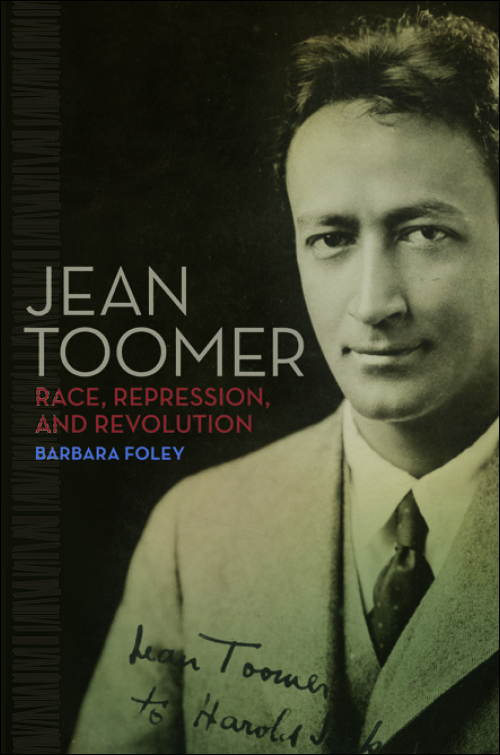Regina Anderson Andrews, Harlem Renaissance LibrarianPosted in Biography, Books, Media Archive, Monographs, United States, Women on 2014-11-09 17:52Z by Steven |
Regina Anderson Andrews, Harlem Renaissance Librarian
University of Illinois Press
May 2014
176 pages
6 x 9 in.
23 black & white photographs
Ethelene Whitmire, Associate Professor of Library & Information Studies
University of Wisconsin, Madison
The life of a groundbreaking librarian and Harlem Renaissance figure
The first African American to head a branch of the New York Public Library (NYPL), Regina Andrews led an extraordinary life. Allied with W. E. B. Du Bois, Andrews fought for promotion and equal pay against entrenched sexism and racism and battled institutional restrictions confining African American librarians to only a few neighborhoods within New York City.
Andrews also played a key role in the Harlem Renaissance, supporting writers and intellectuals with dedicated workspace at her 135th Street Branch Library. After hours she cohosted a legendary salon that drew the likes of Langston Hughes and Zora Neale Hurston. Her work as an actress and playwright helped establish the Harlem Experimental Theater, where she wrote plays about lynching, passing, and the Underground Railroad.
Ethelene Whitmire’s new biography offers the first full-length study of Andrews’ activism and pioneering work with the NYPL. Whitmire’s portrait of her sustained efforts to break down barriers reveals Andrews’s legacy and places her within the NYPL’s larger history.









